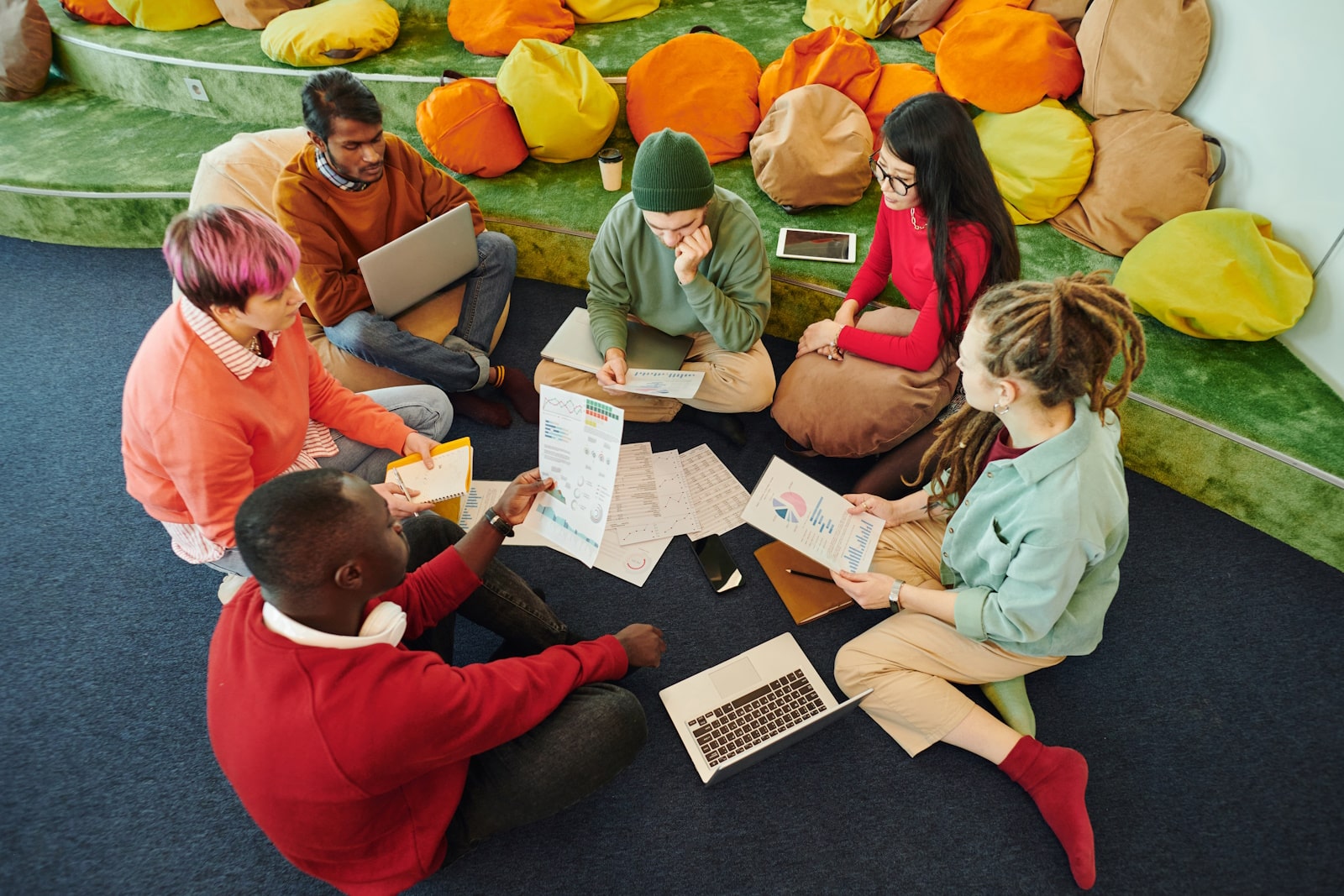
Social Learning: How Collaborative Tools Enhance eLearning LMS
In an age where technology continuously reshapes our educational landscape, the concept of social learning has emerged as a vital component in eLearning for LMS. Social learning encompasses the idea that people learn best when they interact with others, sharing insights and experiences. This approach is revolutionising how learners engage with content, shifting the focus from traditional, instructor-led methods to more collaborative and interactive strategies.
Understanding Social Learning in eLearning
Social learning is a process that occurs through social interaction, where individuals acquire knowledge and skills by observing and engaging with their peers. In the eLearning landscape, this concept is increasingly vital as learners seek more engaging, meaningful experiences. As traditional methods of learning often rely heavily on rote memorisation and passive consumption of information, social learning encourages active participation, which has been shown to enhance knowledge retention and learner satisfaction.
The transition from traditional learning methods to collaborative approaches is not just a trend but a necessity. Modern learners crave engagement, interaction, and the opportunity to connect with others in the learning process. As such, organisations are turning to eLearning LMS that integrate collaborative tools to facilitate social learning, resulting in a richer educational experience.
Collaborative Tools in eLearning LMS
Discussion Forums
One of the most powerful collaborative tools in an eLearning LMS is discussion forums. These platforms enable learners to share ideas, ask questions, and engage in meaningful conversations around course content. By facilitating peer interactions, discussion forums not only enhance understanding but also create a sense of community among learners. This collaborative environment fosters open communication, allowing individuals to learn from diverse perspectives and experiences.
Peer Feedback
Peer feedback is another essential element of social learning. When learners review and provide feedback on each other’s work, they develop critical thinking and analytical skills. This process also encourages self-reflection, as individuals assess their performance in relation to their peers. Incorporating peer feedback into an eLearning LMS can lead to deeper learning experiences and strengthen relationships within the learning community.
Group Projects
Group projects are an excellent way to promote teamwork and collaboration in an eLearning environment. By working together to achieve a common goal, learners develop essential skills such as problem-solving, communication, and leadership. An eLearning LMS can support the organisation and management of group projects, making it easier for learners to collaborate effectively and share resources. These collaborative efforts not only enhance knowledge acquisition but also prepare learners for real-world scenarios where teamwork is crucial.
Social Media Integration
Integrating social media into eLearning LMS provides an informal learning avenue that complements structured educational content. Social media platforms allow learners to engage with their peers outside the confines of the classroom, fostering deeper connections and knowledge sharing. By creating dedicated groups or channels within social media, learners can collaborate on projects, share insights, and stay updated on course materials, enhancing the overall learning experience.
Benefits of Collaborative Learning
The advantages of collaborative learning in eLearning LMS are manifold.
Enhanced Engagement
One of the most significant benefits of social learning is enhanced engagement. When learners participate in discussions, provide feedback, and work on group projects, they become more invested in their education. Research shows that learners who engage in collaborative activities are more likely to complete courses and retain information, leading to improved educational outcomes.
Knowledge Sharing
Social learning encourages knowledge sharing among peers. Learners bring unique perspectives and experiences to the table, enriching the learning environment for everyone. This collective knowledge fosters a culture of collaboration and support, which is crucial in today’s rapidly changing world. As learners share insights, they also develop a greater understanding of the subject matter, further enhancing their learning experience.
Skill Development
Collaborative learning provides opportunities for learners to develop essential soft skills, such as communication, teamwork, and leadership. These skills are invaluable in the workplace, where collaboration and effective communication are often key to success. By incorporating collaborative tools in an eLearning LMS, organisations can help learners build these competencies, better preparing them for their future careers.
Challenges and Considerations in Implementing Social Learning
While the benefits of social learning are clear, there are challenges to consider when implementing these collaborative approaches in an eLearning LMS.
Varying Learner Preferences
Learners have diverse preferences and comfort levels when it comes to collaboration. Some may thrive in social learning environments, while others may prefer more traditional, individualistic approaches. To accommodate these varying preferences, organisations should offer a blend of learning methods that cater to different learning styles, ensuring that all learners can engage meaningfully with the content.
Technology Access and Infrastructure Issues
Access to technology can also be a barrier to effective social learning. Not all learners have equal access to devices and reliable internet connections, which can hinder participation in collaborative activities. To mitigate these challenges, organisations should explore options for mobile-friendly eLearning LMS and provide offline access to course materials when possible.
Ensuring Inclusivity
Creating an inclusive social learning environment is essential for promoting engagement and collaboration among all learners. This can be achieved by designing collaborative tools that are accessible to everyone, regardless of their background or resources. By fostering a sense of belonging and support, organisations can enhance the overall learning experience for all participants.
Conclusion: Embracing Social Learning for Future-Ready eLearning
By leveraging collaborative tools such as discussion forums, peer feedback, group projects, and social media integration, organisations can create more engaging, inclusive, and effective learning experiences.
If you’re ready to enhance your eLearning LMS with social learning strategies, contact us at Sound Idea Digital. We’re here to help you create a collaborative learning environment that empowers your learners.



